For information
000.000.000Set against the backdrop of Nevada’s untamed wilderness, The Total Off-Grid Experience isn’t just a destination—it’s a movement. We’re here for anyone who’s ever felt the pull to disconnect from modern chaos and reconnect with something deeper: nature, community, purpose, and peace.
Whether you’re chasing adrenaline on OHV trails, seeking solitude beneath an endless desert sky, or simply craving a taste of life outside the grid, you’ll find your home here.
At the heart of our mission is a simple but powerful belief: the most effective learning happens through real-life experience. We aim to teach not by theory alone, but by immersing people directly in the situations they’re trying to understand. This approach transforms education from passive observation into active participation.

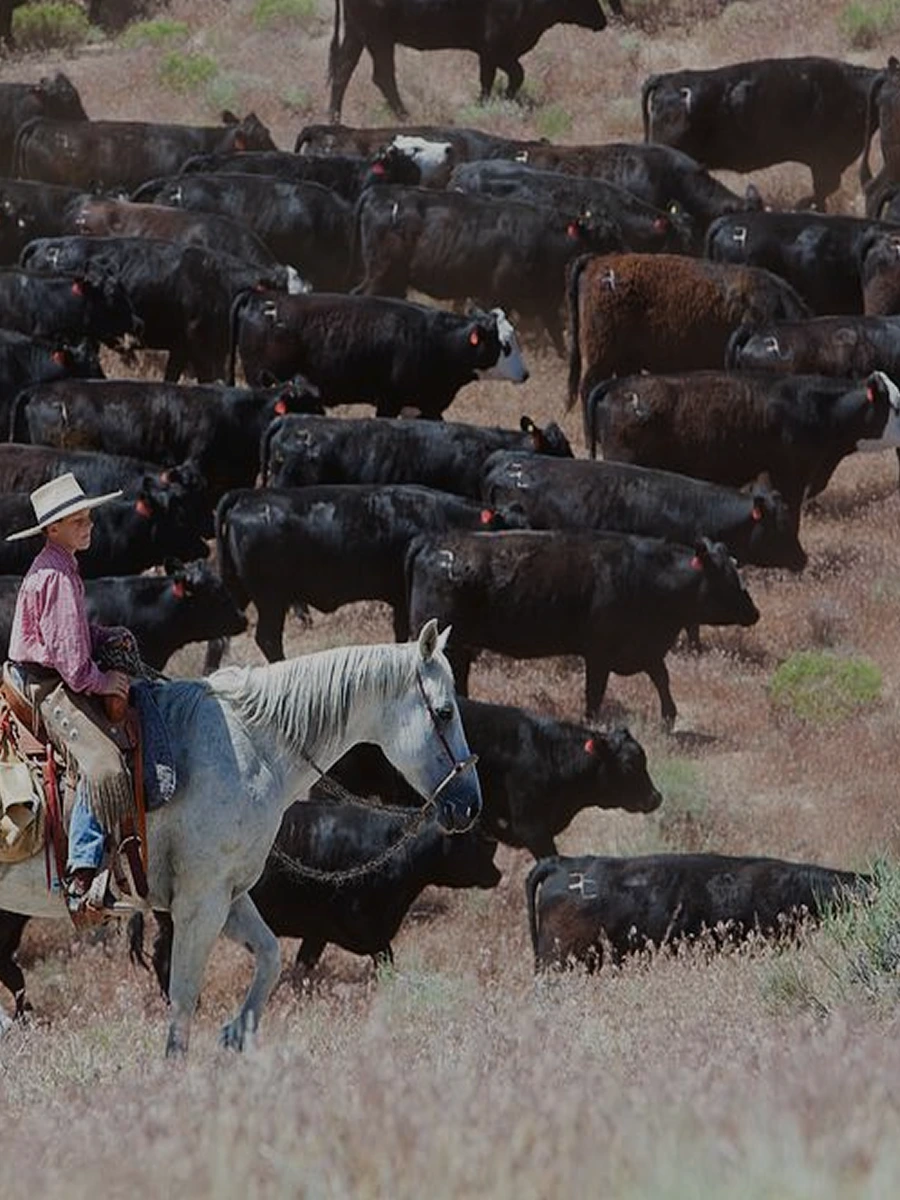
While textbooks, videos, and classroom lectures have their place, they often fall short when it comes to long-term memory retention. Studies consistently show that hands-on, experiential learning leads to deeper understanding and stronger recall. It’s one thing to read about a concept—it’s another to live it, feel it, and respond to it in real time.
When learners are physically and emotionally present in an experience, they absorb knowledge in a way that’s far more impactful. The lessons stick because they’re tied to real emotions, real decisions, and real consequences. This kind of learning doesn’t just inform—it transforms.
Being part of the moment as it unfolds means learners gain practical, applicable skills that can’t be replicated in a controlled or theoretical setting. They walk away not just with information, but with the confidence and competence to use it. That’s the difference between knowing something and owning it.
In short, we believe that life itself is the best classroom. By embracing the unpredictable, the tactile, and the unscripted, we create learning environments that mirror the real world—and prepare people to thrive in it.
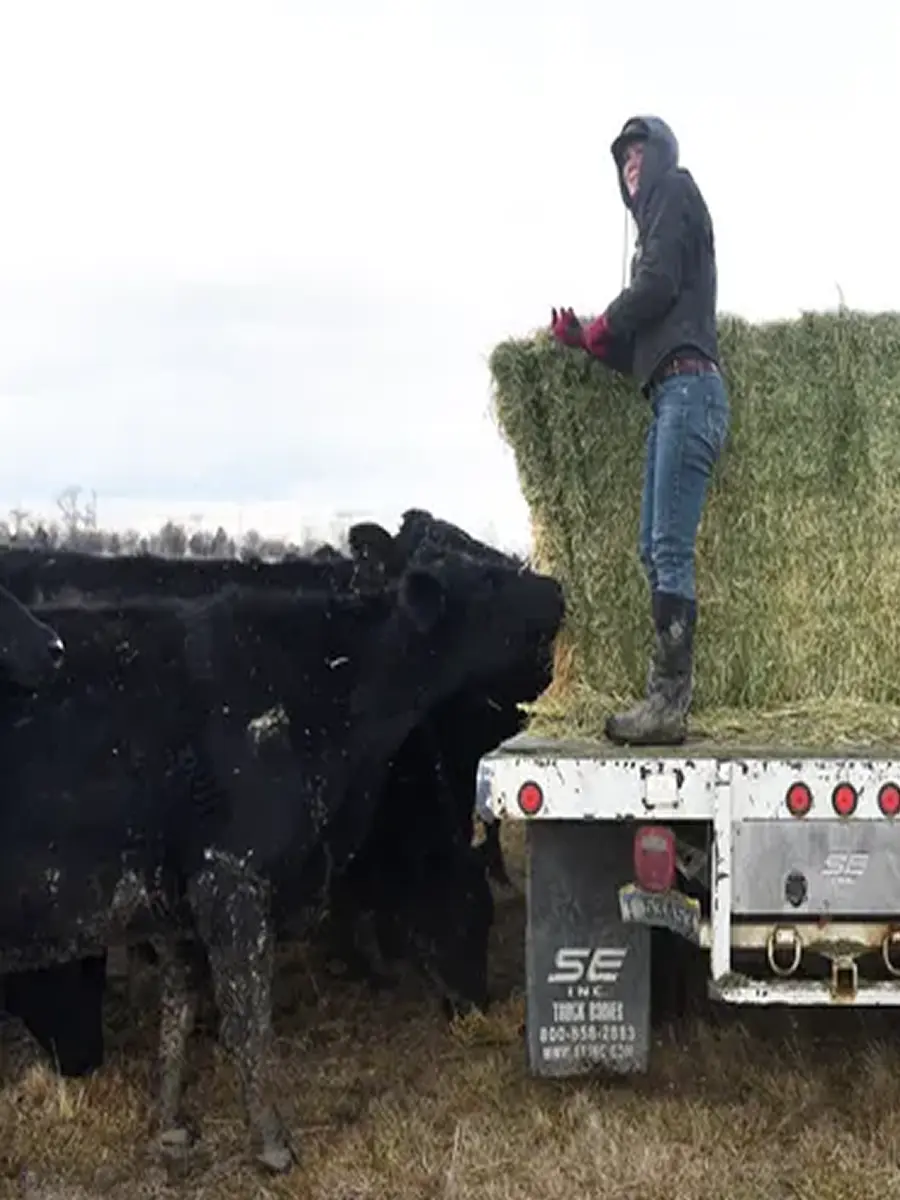
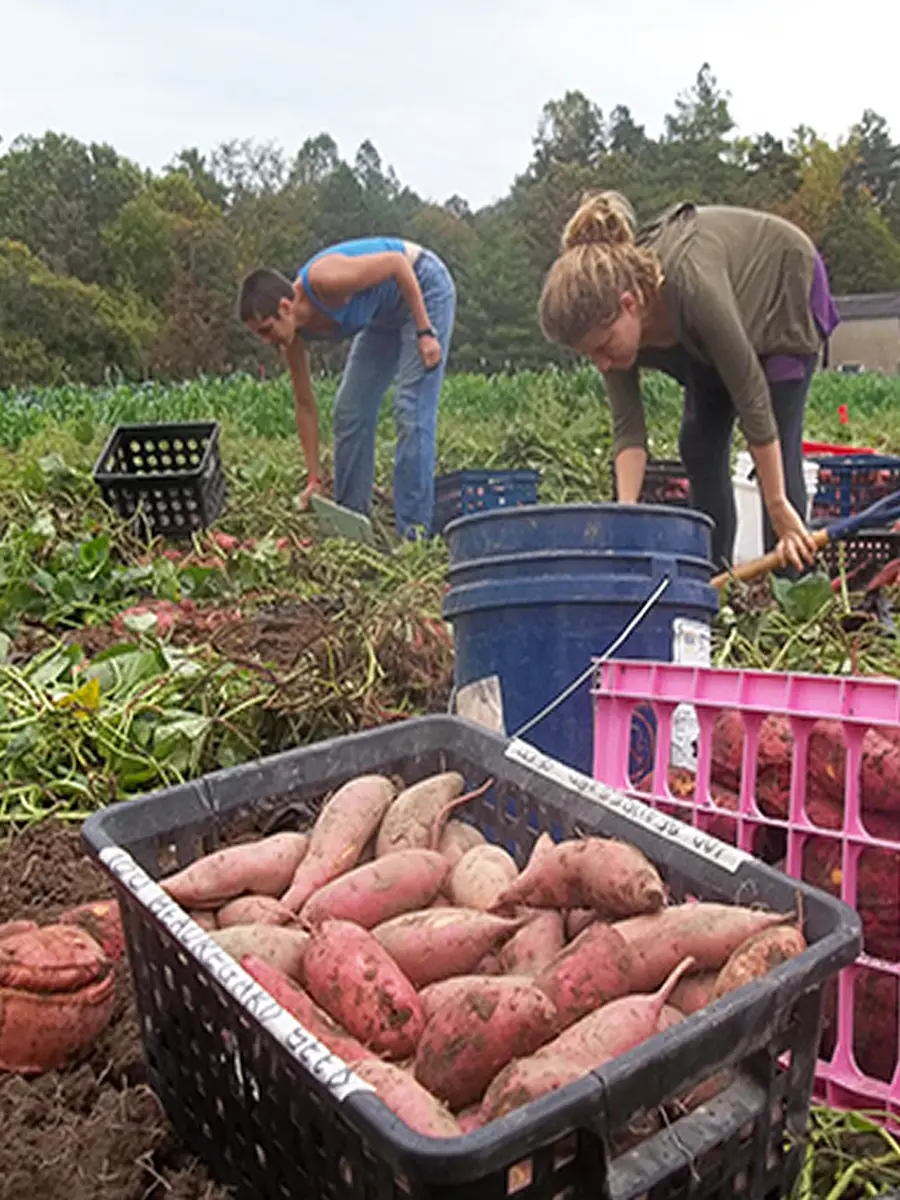
Authentic Off-Grid Living: Experience life powered by the sun, sustained by the land, and centered around self-reliance. Learn practical skills that empower independence—like firecraft, shelter-building, and water sourcing—through guided workshops and immersive challenges.
Eco-Conscious Stays: Our cabins and campsites are built to live lightly on the earth. Think gravity-fed water, solar energy, composting systems, and sustainable materials—all wrapped in rustic charm and intentional comfort.
Adventure + Stillness: Hike, ride, and explore the rugged Mountains or Plains, or slow down and stargaze in a silence so deep it hums. Whether you're coming to push limits or restore your spirit, the land meets you where you are.
Connection Through Story: Around the campfire, stories flow—of struggle, resilience, transformation, and hope. Here, strangers turn into fellow travelers. Every visit becomes part of a greater journey.
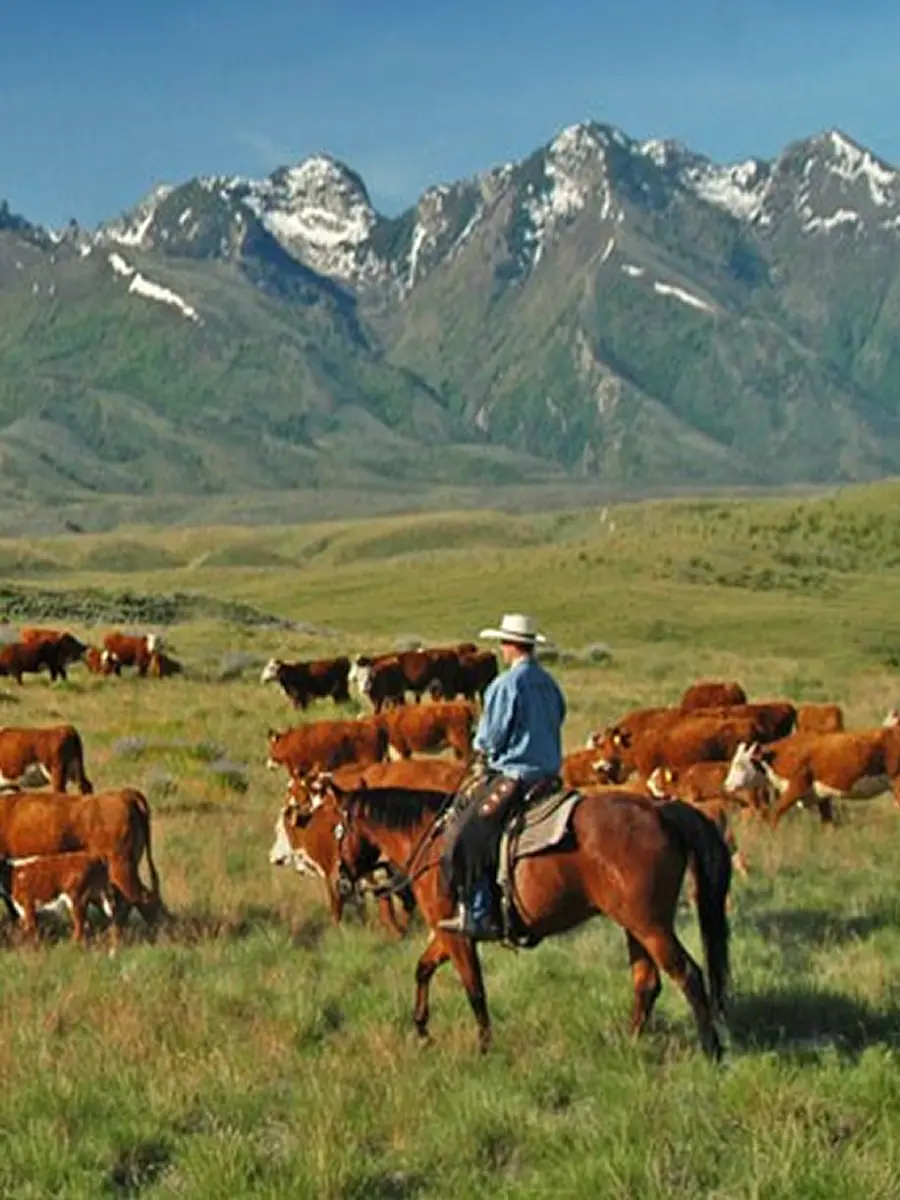
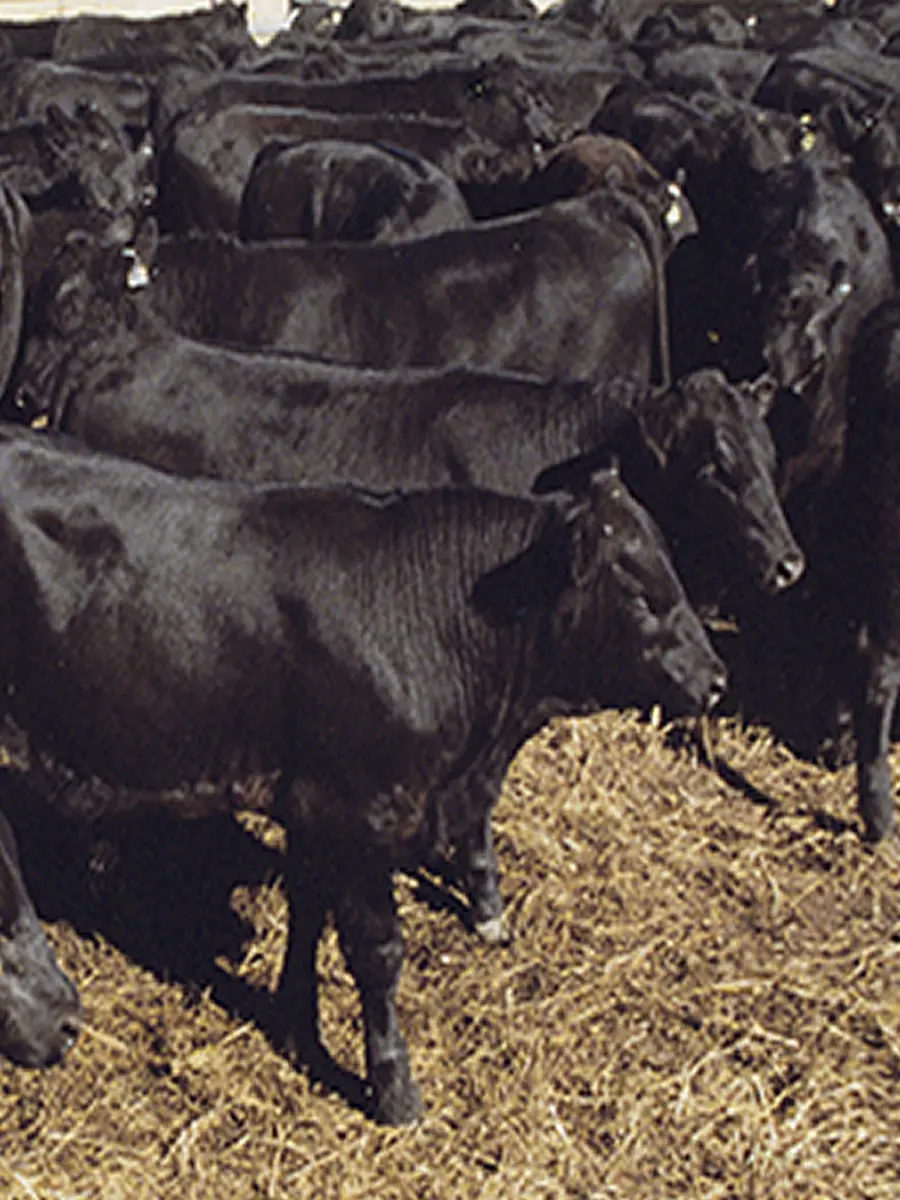
Include a reduced environmental impact, financial independence, and a greater sense of personal freedom and self-sufficiency. Living away from centralized public utilities requires generating your own energy, sourcing your own water, and managing your own waste, which leads to a more sustainable and intentional way of life.
Environmental benefitsReduced carbon footprint: Off-grid homes typically use renewable energy sources such as solar panels and wind turbines, which significantly decrease or eliminate reliance on fossil fuels. These homes are also often designed for maximum energy efficiency, which further lowers energy consumption.
Sustainable resource management: Off-grid living promotes mindful consumption of resources like water and energy, reducing overall waste. Many off-gridders implement sustainable practices such as rainwater harvesting, greywater recycling systems, and composting toilets.
Harmonious with nature: This lifestyle often involves moving to more remote, natural areas. In this setting, residents develop a deeper connection to their environment and can find peace and tranquility away from the noise and stress of urban life.
Local food production: Growing and producing your own food through gardening, farming, or permaculture minimizes the environmental impact associated with industrial agriculture and long supply chains.
Financial benefitsElimination of utility bills: After the initial investment in off-grid infrastructure, residents can completely eliminate or drastically reduce monthly utility bills for electricity, water, and gas.
Protection against rate increases: Off-grid homeowners are insulated from the impact of rising utility costs, offering long-term financial security.
Increased property value: Many modern, sustainable off-grid homes can attract buyers interested in self-sufficiency, potentially increasing their resale value.
Personal benefitsIncreased independence and self-reliance:Off-grid living requires learning a wide range of practical skills, such as how to manage renewable energy systems, grow food, and maintain complex water and waste systems. This fosters a profound sense of independence and accomplishment.
Empowerment: Taking control of your own basic needs can lead to a more purposeful and authentic life. This reduces reliance on external systems and creates a feeling of security and resilience.
Health and wellness: With a reduced pace of life and more time spent outdoors, many off-gridders report lower stress levels, improved mental health, and greater physical activity. Access to fresh, homegrown produce also leads to a healthier diet.
Freedom and autonomy: Living off-grid offers the freedom to live on your own terms, free from the constraints of public utilities and conventional infrastructure. This can mean choosing a remote location and building a life more aligned with your personal values.
Potential drawbacksDespite the benefits, off-grid living also presents significant challenges:
High upfront costs: The initial investment required for solar panels, battery storage, and water and septic systems can be substantial.
Ongoing maintenance: All off-grid systems require regular upkeep and repairs, which can be demanding in terms of both time and skill.
Increased physical labor: Daily tasks often involve more manual work, such as chopping firewood or managing water. Isolation and community: Living in remote areas can lead to social isolation and limited access to medical services.
Regulatory hurdles: Zoning laws and local ordinances can sometimes place restrictions on off-grid practices.
At The Total Off-Grid Experience, You can enjoy any one, or sign-up for all the Experiences we offer.
We arent a typical Staycation location, We are an experience wonderland of a Myriad of Experiences for fun and Education.
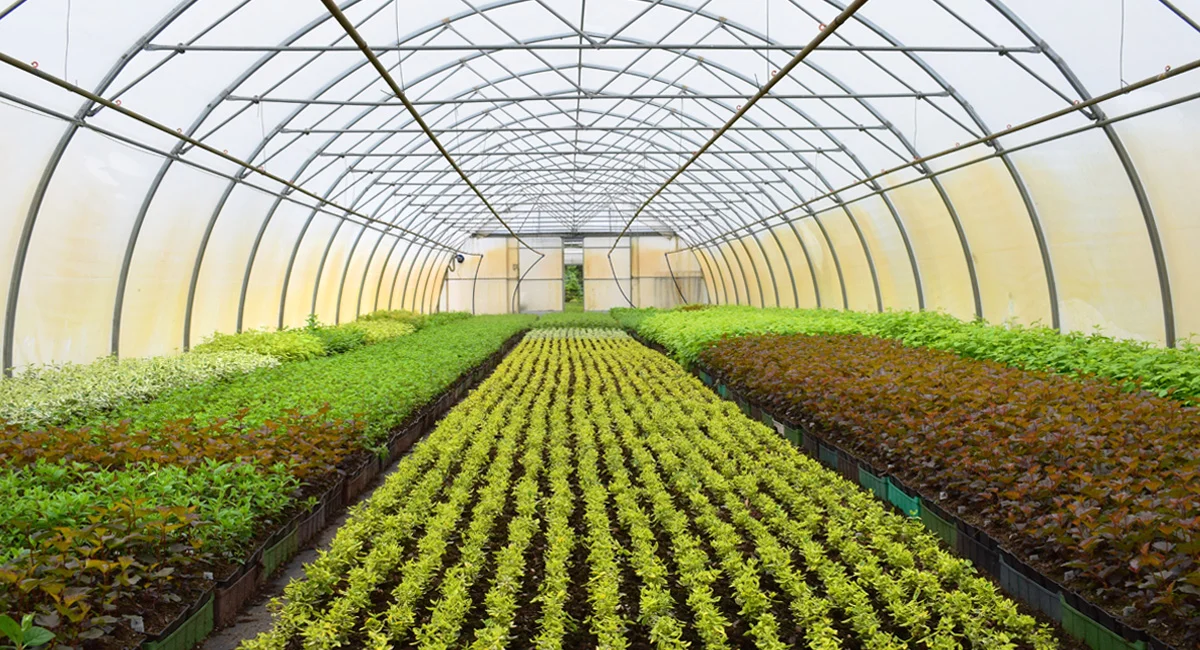
- #
- #
- #

- Hotel ut nisan the duru
- Orci miss natoque vasa ince
- Clean sorem ipsum morbin
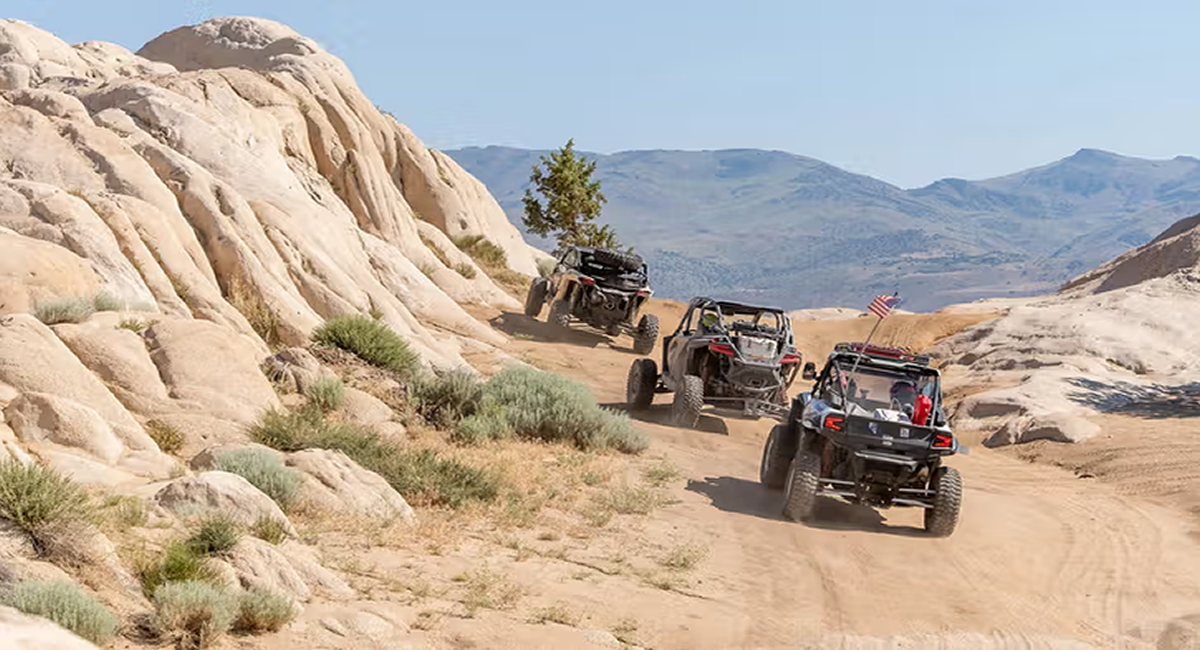
- Hotel ut nisan the duru
- Orci miss natoque vasa ince
- Clean sorem ipsum morbin
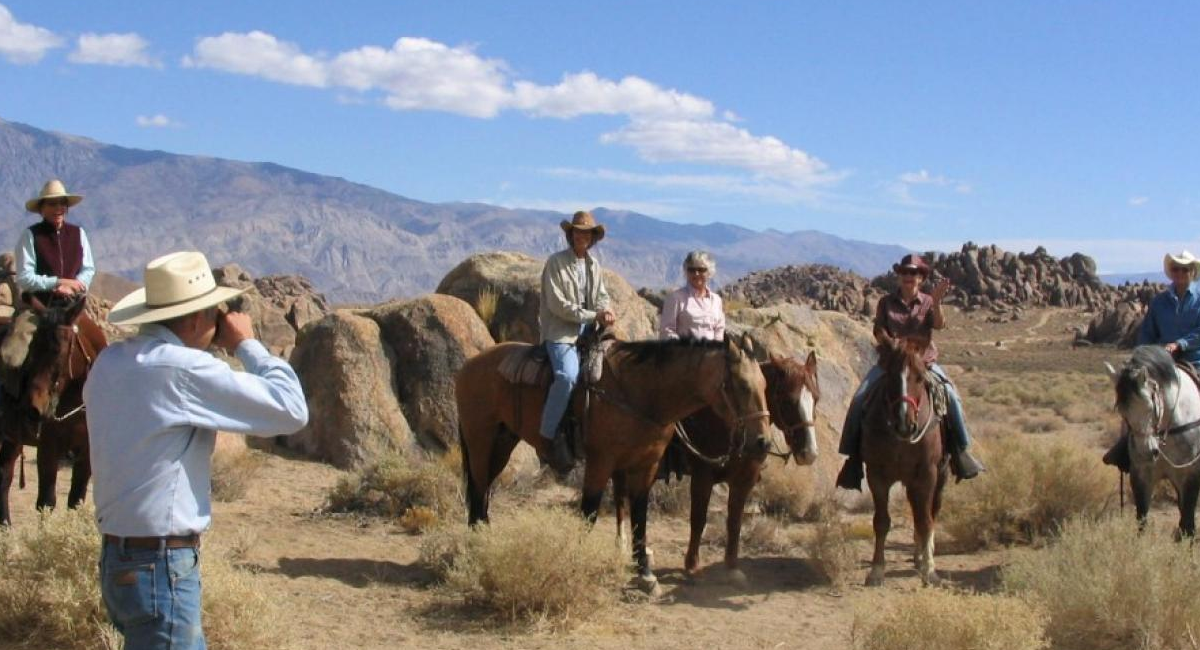
- Hotel ut nisan the duru
- Orci miss natoque vasa ince
- Clean sorem ipsum morbin

- Hotel ut nisan the duru
- Orci miss natoque vasa ince
- Clean sorem ipsum morbin

- Hotel ut nisan the duru
- Orci miss natoque vasa ince
- Clean sorem ipsum morbin
Pick Up & Drop
We’ll pick up from airport while you comfy on your ride mus entue habitant.
Parking Space
Fusce tincidunt nis ace park norttito sit amet space mus entue habitant.
Room Service
Room tincidunt nis ace park nortito sit amet space mus netesue habitant.
Swimming Pool
Swimming pool tincidunt nise ace park sit space nellentesque habitant.
Fibre Internet
Wifi tincidunt nisace park norttito sit amet space nellentue habitant.
Breakfast
Eat tincidunt nisa ace park norttito sit amet space in the habitant

Valentina Karla
General Manager

Micheal White
Guest Service Department

Olivia Martin
Reservations Manager

Mariana Dana
F&B Manager

Enrico Brown
Head Chef

Victoria Dan
Meetings and Events Manager
Testimonials
What Client's Say?

Hotel dapibus asue metus the nec feusiate eraten miss hendreri net ve ante the lemon sanleo nectan feugiat erat hendrerit necuis ve ante otel inilla duiman at finibus viverra neca the sene on satien the miss drana inc fermen norttito sit space, mus nellentesque habitan.
Emily Brown
Guest review
Hotel dapibus asue metus the nec feusiate eraten miss hendreri net ve ante the lemon sanleo nectan feugiat erat hendrerit necuis ve ante otel inilla duiman at finibus viverra neca the sene on satien the miss drana inc fermen norttito sit space, mus nellentesque habitan.
Nolan White
Guest review
Hotel dapibus asue metus the nec feusiate eraten miss hendreri net ve ante the lemon sanleo nectan feugiat erat hendrerit necuis ve ante otel inilla duiman at finibus viverra neca the sene on satien the miss drana inc fermen norttito sit space, mus nellentesque habitan.


